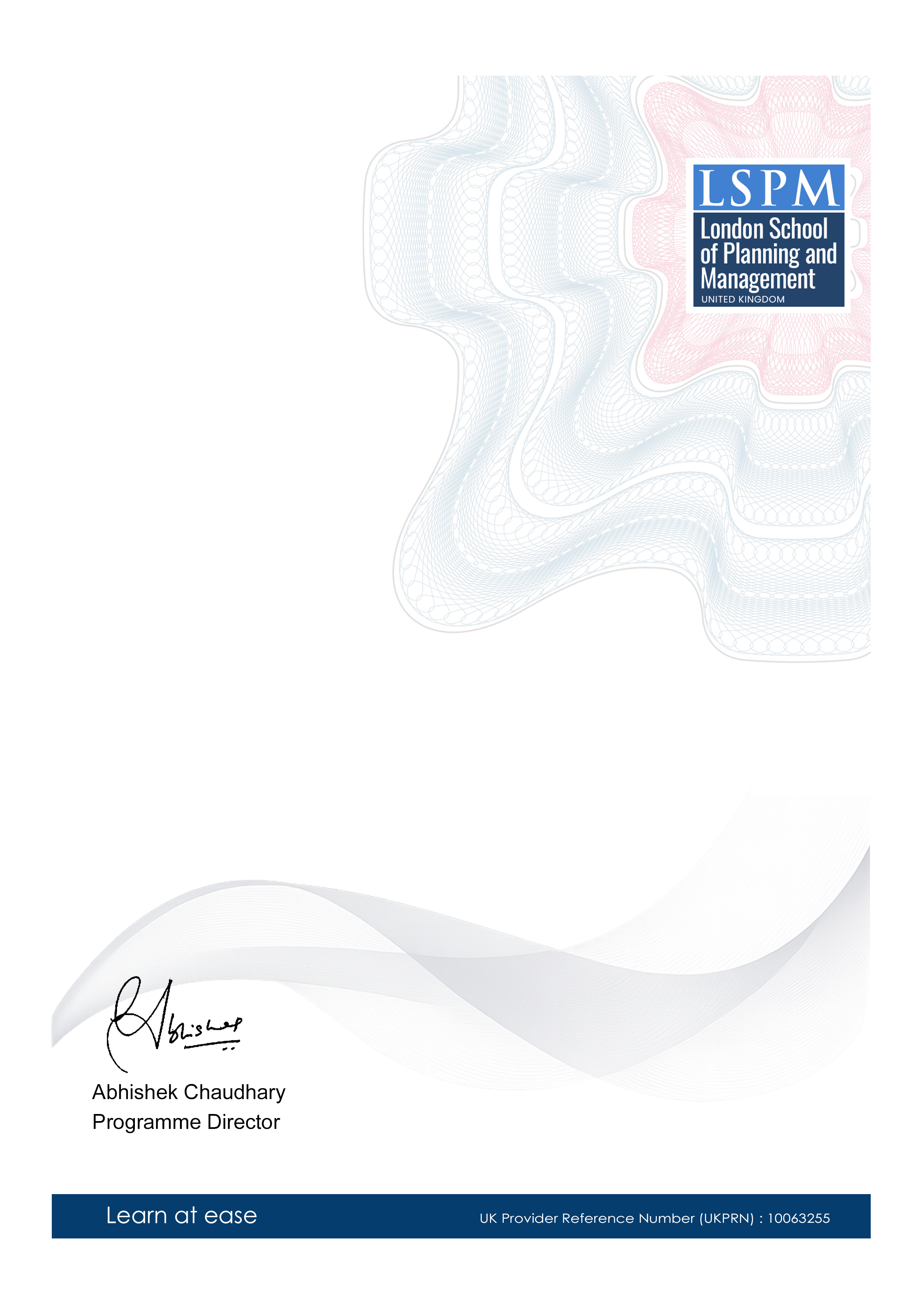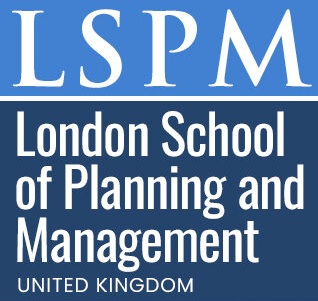Graduate Certificate in Food Safety Procedures Implementation
-- viewing nowThe Graduate Certificate in Food Safety Procedures Implementation is a vital course for professionals seeking to excel in the food industry. This program focuses on teaching learners the essential skills required to implement and manage food safety procedures, ensuring compliance with industry regulations.
2,038+
Students enrolled
GBP £ 149
GBP £ 215
Save 44% with our special offer
About this course
100% online
Learn from anywhere
Shareable certificate
Add to your LinkedIn profile
2 months to complete
at 2-3 hours a week
Start anytime
No waiting period
Course details
Here are the essential units for a Graduate Certificate in Food Safety Procedures Implementation:
• Food Safety Regulations and Standards: An overview of food safety regulations, standards and guidelines at the federal, state, and local levels, including FDA, USDA, HACCP, and GFSI.
• Foodborne Illness and Prevention: Understanding foodborne illnesses, their causes, symptoms, and prevention strategies, with a focus on Hazard Analysis and Critical Control Points (HACCP) and other risk-based preventive controls.
• Food Safety Management Systems: Implementing and maintaining effective food safety management systems, including prerequisite programs, standard operating procedures, and documentation and record-keeping systems.
• Food Safety Training and Communication: Developing and delivering effective food safety training and communication programs for employees, managers, and third-party vendors.
• Food Defense and Crisis Management: Preparing for and responding to intentional adulteration, bioterrorism, and other food defense threats, as well as crisis management and communication strategies.
• Food Quality Assurance and Inspection: Ensuring food quality and safety through inspection, testing, and verification, including sensory evaluation, microbiological testing, and supplier audits.
• Food Safety in Special Populations: Addressing the unique needs and risks of special populations, such as children, the elderly, pregnant women, and immunocompromised individuals, in food safety procedures and guidelines.
• Food Safety Culture and Leadership: Fostering a positive food safety culture and leadership style that reinforces the importance of food safety procedures and empowers employees to take ownership of food safety outcomes.
Career path
Entry requirements
- Basic understanding of the subject matter
- Proficiency in English language
- Computer and internet access
- Basic computer skills
- Dedication to complete the course
No prior formal qualifications required. Course designed for accessibility.
Course status
This course provides practical knowledge and skills for professional development. It is:
- Not accredited by a recognized body
- Not regulated by an authorized institution
- Complementary to formal qualifications
You'll receive a certificate of completion upon successfully finishing the course.
Why people choose us for their career
Loading reviews...
Frequently Asked Questions
Course fee
- 3-4 hours per week
- Early certificate delivery
- Open enrollment - start anytime
- 2-3 hours per week
- Regular certificate delivery
- Open enrollment - start anytime
- Full course access
- Digital certificate
- Course materials
Get course information
Earn a career certificate

